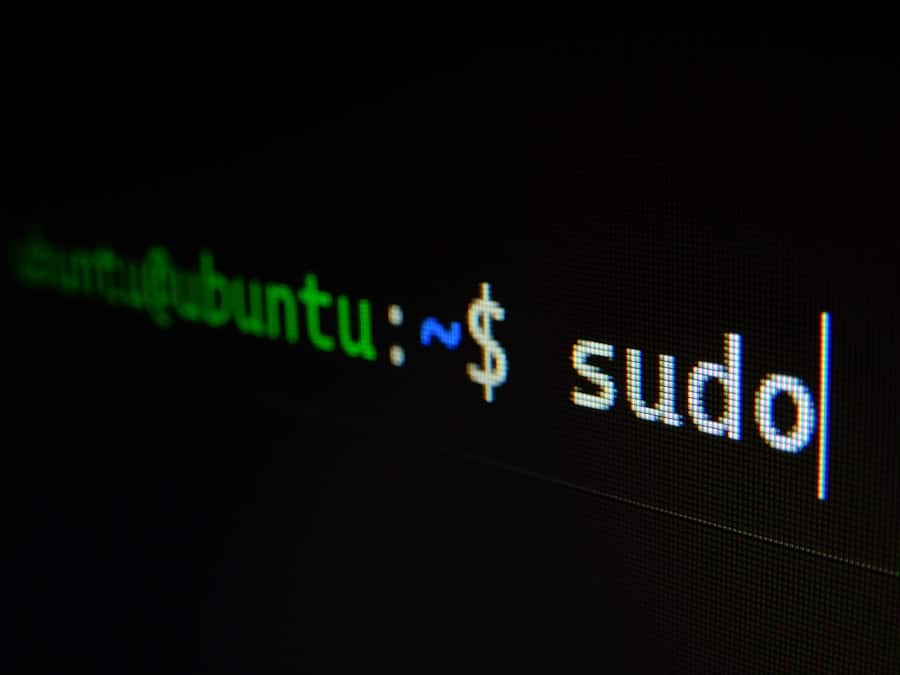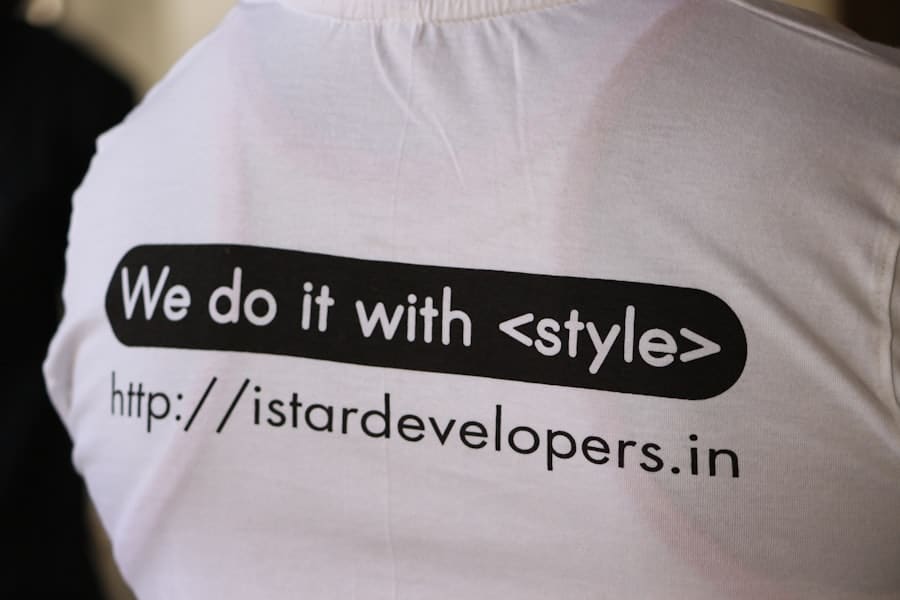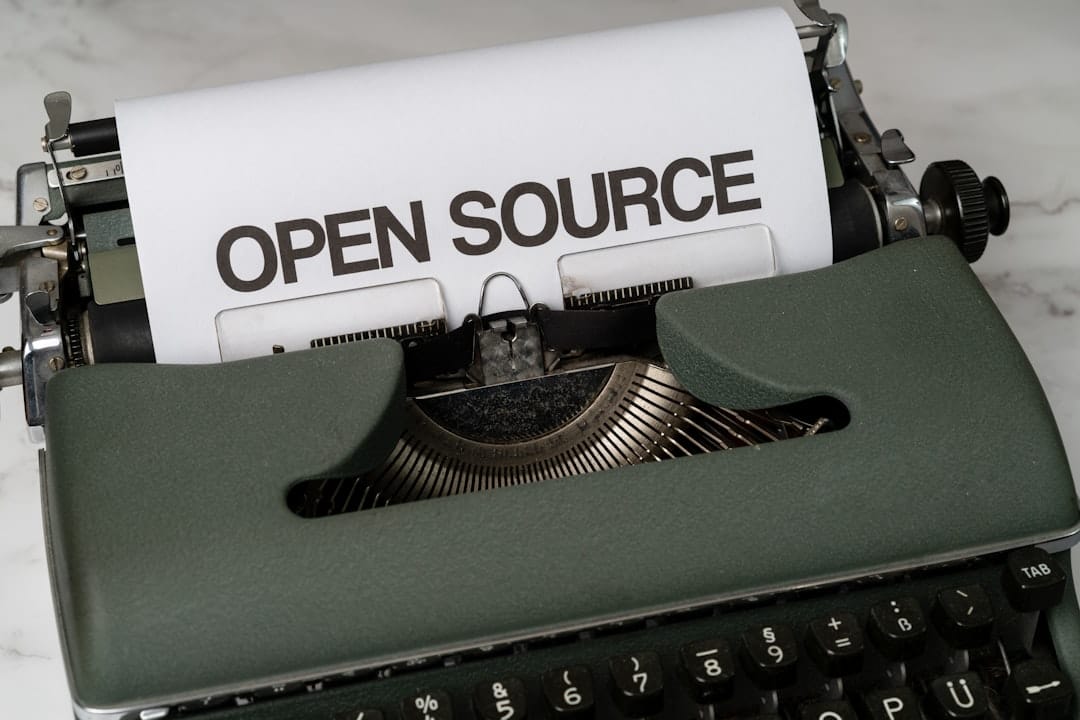The integration of artificial intelligence (AI) into the realm of open source contribution has marked a significant evolution in how developers engage with projects. Historically, open source software development relied heavily on community-driven efforts, where individuals contributed code, documentation, and support based on personal interest or expertise. However, as the volume of open source projects has surged, so too has the complexity of navigating this vast landscape.
AI has emerged as a powerful tool to streamline this process, enabling developers to find projects that align with their skills and interests more efficiently than ever before. AI’s rise in open source contribution can be attributed to several factors, including the exponential growth of available repositories and the increasing demand for specialized skills. Platforms like GitHub and GitLab host millions of projects, making it challenging for developers to identify opportunities that resonate with their capabilities.
AI algorithms can analyze vast datasets, including project descriptions, contributor activity, and issue tracking, to provide personalized recommendations. This not only enhances the experience for developers but also fosters a more vibrant ecosystem by connecting contributors with projects that might otherwise go unnoticed.
Key Takeaways
- AI is increasingly being used in open source contribution, revolutionizing the way developers find and contribute to projects.
- Finding the right open source project can be challenging, but AI is helping to streamline the process by matching developers with projects that align with their skills and interests.
- AI is revolutionizing the matching process by using algorithms to analyze developer skills and project needs, resulting in more efficient and effective matches.
- The benefits of AI in open source contribution include increased productivity, improved project quality, and greater collaboration among developers.
- Ensuring diversity and inclusivity in open source projects is crucial, and AI can help by providing unbiased matching and promoting a more diverse community of contributors.
The Challenges of Finding the Right Open Source Project
Despite the advantages that AI brings to open source contribution, developers often face significant challenges when trying to find the right project to contribute to. One of the primary hurdles is the sheer volume of available projects. With millions of repositories across various platforms, developers can easily become overwhelmed by choices.
This abundance can lead to decision fatigue, where individuals struggle to identify projects that align with their interests or skill sets. Another challenge is the varying levels of project maturity and community engagement. Some projects may be well-established with active maintainers and a robust community, while others might be nascent and lack sufficient guidance or support.
Developers may find it difficult to assess the health of a project based solely on its repository metrics. Additionally, many projects have specific contribution guidelines or coding standards that can be daunting for newcomers. This complexity can deter potential contributors who may feel uncertain about their ability to make meaningful contributions.
How AI is Revolutionizing the Matching Process

AI is transforming the matching process between developers and open source projects by leveraging machine learning algorithms and natural language processing (NLP) techniques. These technologies enable AI systems to analyze vast amounts of data from various sources, including project documentation, contributor profiles, and historical contributions. By understanding patterns in this data, AI can recommend projects that are not only relevant but also likely to benefit from a developer’s unique skill set.
For instance, AI can assess a developer’s previous contributions, coding style, and areas of expertise to suggest projects that require similar skills. Additionally, NLP can be employed to parse project descriptions and issues, allowing AI to match developers with projects that align with their interests. This level of personalization enhances the likelihood of successful contributions and fosters a sense of belonging within the open source community.
As a result, developers are more likely to engage with projects that resonate with them, leading to increased collaboration and innovation.
The Benefits of AI in Open Source Contribution
The benefits of integrating AI into open source contribution extend beyond mere project matching; they encompass a range of enhancements that improve the overall experience for developers and project maintainers alike. One significant advantage is the reduction in time spent searching for suitable projects. By automating the discovery process, AI allows developers to focus their efforts on actual contributions rather than sifting through countless repositories.
Moreover, AI can facilitate better onboarding experiences for new contributors. By analyzing common questions and issues faced by newcomers, AI systems can generate tailored resources or guides that address specific challenges. This proactive approach not only empowers new contributors but also helps maintainers by reducing the volume of repetitive inquiries they receive.
Furthermore, AI can assist in identifying potential bottlenecks within projects by analyzing contributor activity and engagement levels, enabling maintainers to take proactive measures to foster a healthy community.
Ensuring Diversity and Inclusivity in Open Source Projects
As open source communities strive for diversity and inclusivity, AI can play a pivotal role in promoting equitable participation. One of the challenges faced by many open source projects is the underrepresentation of certain demographics, including women and minorities. By utilizing AI-driven analytics, project maintainers can gain insights into contributor demographics and identify areas where outreach efforts may be lacking.
AI can also help create more inclusive environments by recommending projects that prioritize diversity in their contributor base. For example, algorithms can highlight initiatives that actively seek contributions from underrepresented groups or those that have established mentorship programs for newcomers. By fostering an inclusive atmosphere, open source projects can benefit from a wider range of perspectives and ideas, ultimately leading to more innovative solutions.
The Future of AI in Open Source Contribution

Looking ahead, the future of AI in open source contribution appears promising as technology continues to advance. As machine learning models become more sophisticated, they will likely offer even more nuanced recommendations based on a developer’s evolving skill set and interests. This adaptability will enable AI systems to provide ongoing support throughout a developer’s journey in open source contribution.
Moreover, as more organizations recognize the value of open source collaboration, we may see an increase in funding and resources dedicated to developing AI tools specifically for this purpose. These tools could include advanced analytics platforms that provide insights into project health or community engagement metrics. Additionally, as ethical considerations surrounding AI continue to evolve, there will be a growing emphasis on transparency and accountability in how these systems operate within open source ecosystems.
Ethical Considerations in AI Matching
While the integration of AI into open source contribution offers numerous benefits, it also raises important ethical considerations that must be addressed. One primary concern is the potential for bias in AI algorithms. If not carefully designed and monitored, these systems may inadvertently favor certain demographics or skill sets over others, perpetuating existing inequalities within the open source community.
To mitigate these risks, it is essential for developers and organizations to prioritize fairness and inclusivity in their AI models. This includes regularly auditing algorithms for bias and ensuring diverse representation in training datasets. Additionally, transparency in how recommendations are generated can help build trust among users and encourage broader participation in open source projects.
Tips for Developers Using AI to Find Open Source Projects
For developers looking to leverage AI in their search for open source projects, several strategies can enhance their experience. First and foremost, it is crucial to create a comprehensive profile on platforms that utilize AI-driven matching algorithms. This profile should include detailed information about skills, interests, and previous contributions to ensure accurate recommendations.
Engaging with communities on platforms like GitHub or GitLab can also provide valuable insights into trending projects or emerging technologies. Participating in discussions or forums allows developers to connect with others who share similar interests and may lead to collaborative opportunities. Additionally, developers should remain open-minded about exploring projects outside their immediate expertise; sometimes the most rewarding contributions come from stepping outside one’s comfort zone.
As the landscape continues to evolve, being proactive in seeking out innovative solutions will enhance not only individual contributions but also the overall health of the open source ecosystem.
In the rapidly evolving world of technology, artificial intelligence is playing a pivotal role in streamlining processes and enhancing productivity. An intriguing development in this domain is how AI is being utilized to match developers with open source contribution projects, optimizing both the skills of the developers and the needs of the projects. This innovative approach not only accelerates project development but also fosters a more inclusive and efficient open source community. For those interested in exploring more about technological advancements and insights, The Next Web brings insights to the world of technology offers a comprehensive look at how technology is shaping our future.
FAQs
What is AI matching for open source contribution projects?
AI matching for open source contribution projects refers to the use of artificial intelligence algorithms to match developers with open source projects that align with their skills, interests, and availability.
How does AI matching for open source contribution projects work?
AI matching for open source contribution projects works by analyzing developers’ skills, experience, and preferences, as well as the requirements and characteristics of open source projects. The AI algorithm then matches developers with projects that best fit their profile.
What are the benefits of using AI for matching developers to open source contribution projects?
Using AI for matching developers to open source contribution projects can help increase the efficiency and effectiveness of the matching process. It can also help developers find projects that align with their interests and skills, leading to more meaningful contributions.
Are there any challenges or limitations to using AI for matching developers to open source contribution projects?
Challenges and limitations of using AI for matching developers to open source contribution projects may include the need for accurate data input, potential biases in the algorithm, and the need for ongoing refinement and improvement of the matching process.
What are some examples of AI platforms for matching developers to open source contribution projects?
Examples of AI platforms for matching developers to open source contribution projects include GitHub’s “Good First Issues” feature, which uses machine learning to recommend open source issues to developers, and platforms like Upmentoring and GitDo that use AI algorithms to match developers with open source projects.

